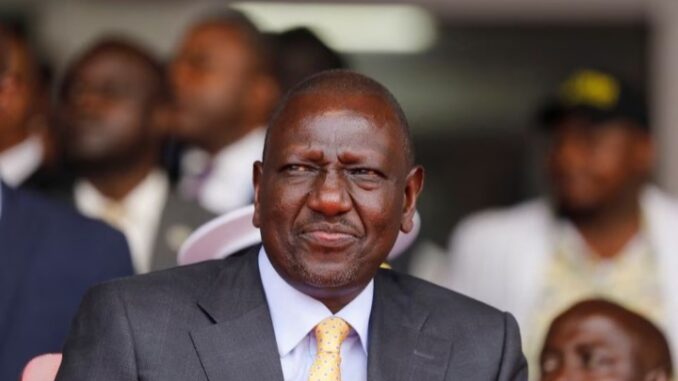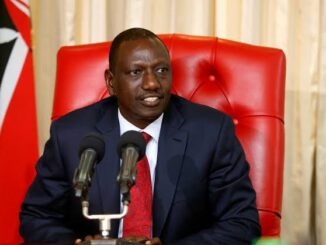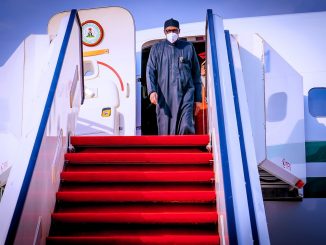
Kenya has reinstated a small subsidy to stabilise retail fuel prices for the next 30 days, the energy regulator said late on Monday, August 14, 2023, in a reversal of government policy following public anger over the high cost of living.
On coming to office last September, President William Ruto removed fuel and maize flour subsidies put in place by his predecessor, saying he preferred subsidising production rather than consumption.
The move was also aimed at cutting government spending as the government seeks to get a handle on debt repayments that have forced it to deny market speculation about a possible default.
But the subsidy cuts as well as recent tax hikes have increased living costs and contributed to violent anti-government protests in recent months.
The energy regulator said the maximum retail price of a litre of petrol would remain constant at 194.68 shillings ($1.35), shielding consumers from an increase of 7.33 shillings, which the government will shoulder through a price stabilisation fund.
ALSO READ: Nigeria inflation rises to 18-year high amid cost-of-living crisis
Retail fuel prices are set in the middle of each month. The government also applied small subsidies on kerosene and diesel, the regulator, known as EPRA, said.
The move did not amount to a reinstatement of the subsidies, since the regulator was using the petroleum development levy to stabilise prices, rather than asking for exchequer support, said Daniel Kiptoo, the director general of EPRA.
“We are basically giving to Kenyans the money that we have collected over the past couple of months,” he told Reuters, referring to the levy, which is charged at the rate of 5.40 shillings per litre of fuel.
Officials from the energy ministry and the finance ministry did not immediately respond to requests for comment.
Fuel prices shot up when Ruto removed the subsidies. They spiked again in July after the government pushed through parliament a contentious law that doubled the fuel tax.
The protests organised in response to that law were called off last month after the opposition and Ruto agreed to talks to resolve their differences, the second such attempt this year, Reuters reported.




